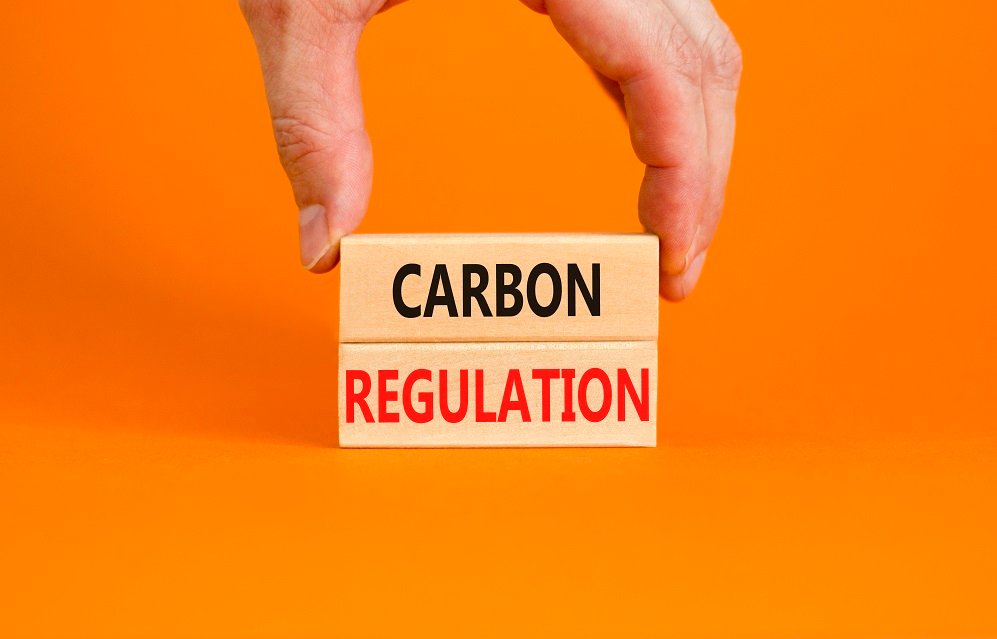On October 22, 2022, the Regulation of the Minister of Environment and Forestry No. 21/2022 on Procedure for Implementation of Carbon Pricing was promulgated in Indonesia. The Regulation provides for carbon trading, emission reduction incentives and carbon taxes, as well as measurement, reporting and verification of greenhouse gases (GHG). Under this Regulation, business operators will be required to reduce GHG emissions in accordance with emission quotas allocated to them. The Regulation also introduces an emission trading system that allows business operators to purchase emission quotas from other entities if they exceed their quotas.
Implementation of the economic value of carbon (NEK) scheme
The “economic value of carbon” (Nilai Ekonomi Karbon [NEK] in Indonesian) as set forth in this Regulation is defined as “the value of each unit of Greenhouse Gas Emissions generated from human activities and economic activities.” Specific activities on NEK include carbon trading, emission reduction incentives (RPB: Result-Based Payments), and carbon levy.
Business operators shall prepare an implementation plan and result report for NEK. The implementation plan needs to include general data on the operator and measures to measure emissions. On the other hand, the result report shall include the actual amount of GHG emissions/sequestration and the degree of achievement of the GHG emission reduction targets. Any implementation plan and result report shall be reviewed and verified, respectively. The review and verification shall be conducted by a third party that meets applicable requirements.
Implementation of various NEK measures shall be reported through the National Registry System for Climate Change (SRN PPI) to be established by the state government.
Emissions Trading
Under this Regulation, business operators will be assigned a cap on GHG emissions by the state government, which can be traded among businesses. Business operators shall measure and prepare a report on their actual emissions. The content of the report must be verified by a third-party organization. If a business operator’s emissions are less than its quotas, it can choose to either keep the remaining emissions for two years or trade them with other entities. In the case of trading, the business operator shall apply to the government for issuing a Certificate of GHG Emissions Reduction (SPE-GRKs) for the remaining quota. On the other hand, if the company exceeds its emission quota, it will need to purchase emission quotas from other entities.
Carbon Levy
The Regulation also provides for carbon levy (carbon tax), which will be imposed based on carbon content and/or emissions, but the specific scope and amount of the levy will be defined in a separate regulation.
The Regulation can be downloaded at:
https://jdih.menlhk.go.id/new2/home/portfolioDetails/21/2022/4#
 Indonesia publishes carbon pricing regulations including emission trade and carbon tax
Indonesia publishes carbon pricing regulations including emission trade and carbon tax 

























